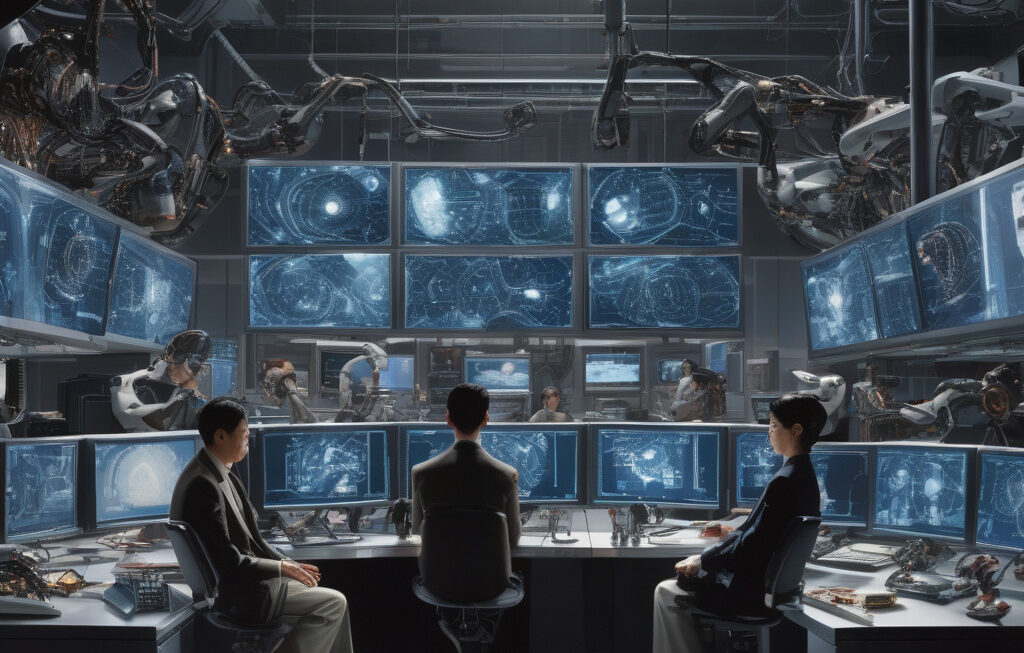What a Hollywood AI Actor Can Teach CEOs About the Future of Work
The entertainment industry has always been a hotbed of innovation, pushing the boundaries of what is possible in film and television. The recent rise of Tilly Norwood, a fully AI-generated actor, is not only provoking a union backlash but also offering business leaders a glimpse of how technological disruption may unfold in the future of work.
Tilly Norwood is a virtual actor created entirely through artificial intelligence, capable of emoting, speaking lines, and even improvising on set. This groundbreaking development has sparked conversations about the role of AI in creative industries, as well as its implications for the future of work across various sectors.
CEOs and business leaders can draw valuable lessons from the emergence of Tilly Norwood and other AI-powered innovations in Hollywood. Here are a few key takeaways:
- Embracing Disruption: The rapid advancement of AI and machine learning technologies is reshaping industries at an unprecedented pace. CEOs must be willing to embrace disruption and proactively seek out innovative solutions to stay ahead of the curve. By studying the success of Tilly Norwood, business leaders can learn the importance of adapting to new technologies and leveraging them to drive growth and efficiency within their organizations.
- Reskilling and Upskilling: As AI and automation continue to transform the workforce, reskilling and upskilling initiatives will become essential for maintaining a competitive edge. CEOs can look to the entertainment industry’s response to AI actors as a model for investing in employee training and development programs that prepare workers for the jobs of the future. By prioritizing continuous learning and skills development, companies can ensure that their teams remain agile and adaptable in the face of technological change.
- Ethical Considerations: The use of AI in creative fields raises important ethical questions around intellectual property, authenticity, and representation. CEOs should carefully consider the ethical implications of integrating AI technologies into their operations and take proactive steps to mitigate any potential risks. By following the debates surrounding Tilly Norwood and engaging with stakeholders on these complex issues, business leaders can demonstrate their commitment to responsible innovation and ethical decision-making.
- Collaboration between Humans and Machines: While AI-powered actors like Tilly Norwood may be capable of remarkable performances, they are not a replacement for human creativity and intuition. The most successful organizations of the future will be those that foster collaboration between humans and machines, leveraging the unique strengths of each to achieve better outcomes. CEOs can learn from Hollywood’s experiments with AI integration and explore ways to empower their teams through synergistic partnerships with technology.
In conclusion, the rise of Tilly Norwood as a fully AI-generated actor offers valuable insights for CEOs and business leaders navigating the complexities of the future of work. By studying the implications of AI in the entertainment industry, executives can gain a deeper understanding of the opportunities and challenges presented by technological disruption. Embracing innovation, investing in employee development, prioritizing ethics, and fostering collaboration between humans and machines will be crucial for organizations seeking to thrive in an increasingly automated world.
#FutureOfWork, #AIInnovation, #BusinessLeadership, #EthicalAI, #DigitalTransformation











